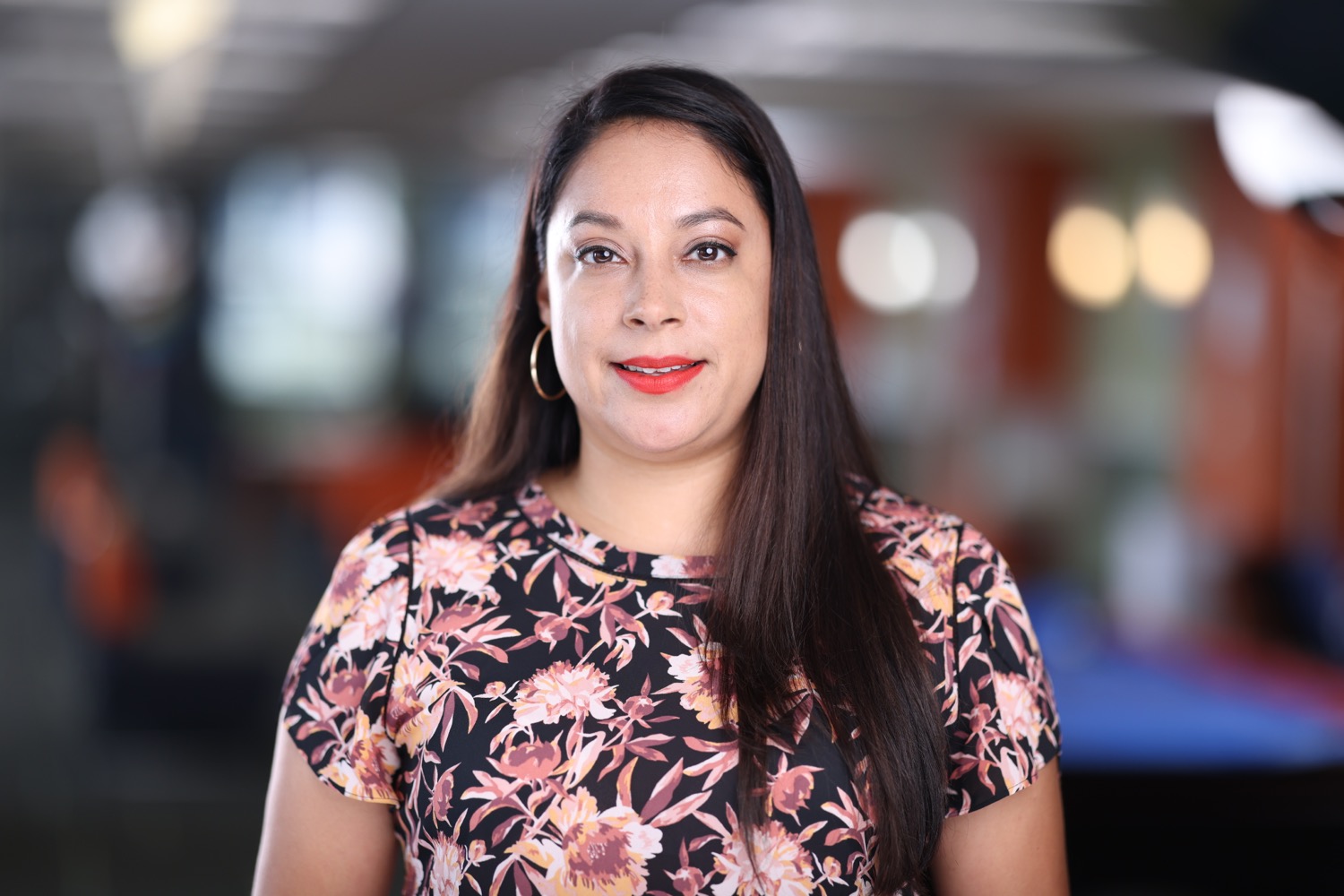Purpose of Higher Education Reflection
- Flor Carabez

- Oct 29, 2022
- 3 min read

I agree with the belief that higher education is a tool for gaining access to a higher social class (Eckel & King, 2004). According to Wilder (2014), college and university systems began as a networking and powerful gateway. Nepotism and enslaved person trading became accepted methods of admission to the institutions. Students would then become masters of society by being appointed titles such as college presidents due to their completion and networking during matriculation (Wilder, 2014, p. 77).
Although the history of higher education is unethical and heartbreaking, its purpose remains steadfast, particularly for disenfranchised groups. As a first-generation American, the lack of resources forced me to translate for my mother and endure months of scarcity due to my father's layoff. As far back as I remember, my father would show me his cracked and calloused hands and say, "Mija, look at my hands. I work so hard so that you don't have to in the future. Do your best in school and be yourself at all times." As a first-generation college graduate, navigating the educational system has been difficult. Nonetheless, I know I must achieve the highest degree possible to propel my family's trajectory into a higher class.
I fell into financial literacy due to my experience navigating these systems and working in this field. I believed that if I stuck to the plan (finishing high school and college, staying out of trouble, and not starting a family too soon), I would be financially secure enough to pay for my parents' house and begin investing. I used to think that success was determined by how much money I had in my pocket. I didn't realize until recently that I had successfully moved my family into the upper-middle class. I've learned that wealth is more than just equity; it is also the knowledge of opportunities to advance in society and the privilege of doing so.
As a first-generation American, I had the advantage of being eligible for federal student aid and not worrying about whether or not I would be able to work legally in my field after graduation. According to Eckel and King (2004), various revenue sources further support American colleges and universities that reflect the market preferences of students, parents, and other consumers of the goods and services that institutions provide (p. 4). Due to the influx of DACA and undocumented students, as well as grassroots organizing, a few states began allowing these students to use institutional and some state aid to complete their degrees.

Making the United States educational system more inclusive and diverse has been difficult, but we have had some successes. To meet the high demand for higher education, I believe educators are forcibly modernizing curricula and best practices. With tuition rising faster than financial aid (Eckel & King, 2004, p. 7), institutions rely heavily on student enrollment for funding. And now that historically marginalized groups are on the rise, I believe institutions have realized it is in their best interests to identify existing gaps and their causes to increase retention. Of course, the fact that more members of these marginalized groups have navigated and are working in these systems helps because the younger generations now have resources who "look like them" and can guide them through their process.
References
Eckel, P. D., & King, J. E. (n.d.). An Overview of Higher Education in the United States: Diversity, Access, and the Role of the Marketplace. 25.
Wilder, C. S. (2014). Ebony & Ivy. Bloomsbury Press.




Commentaires